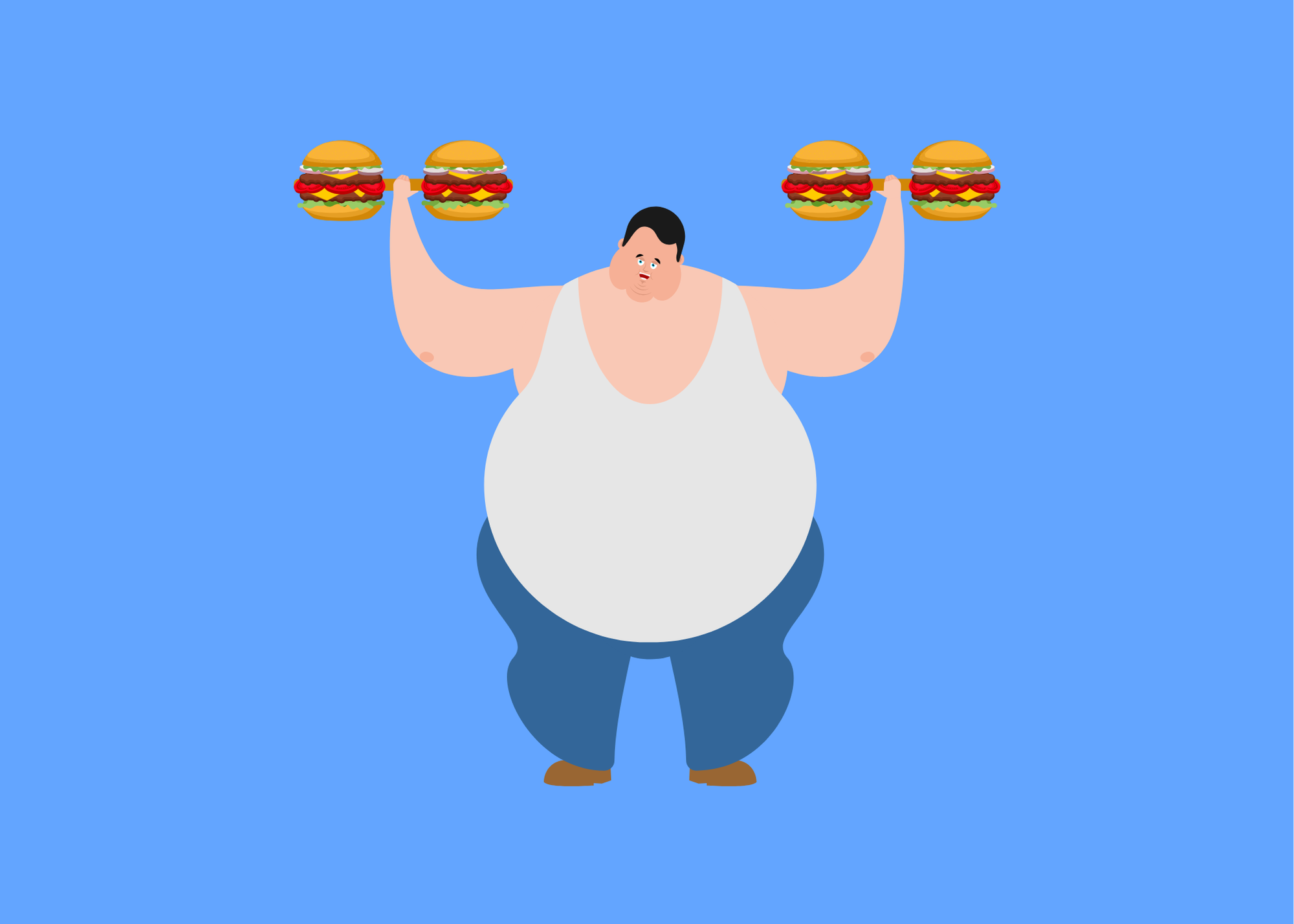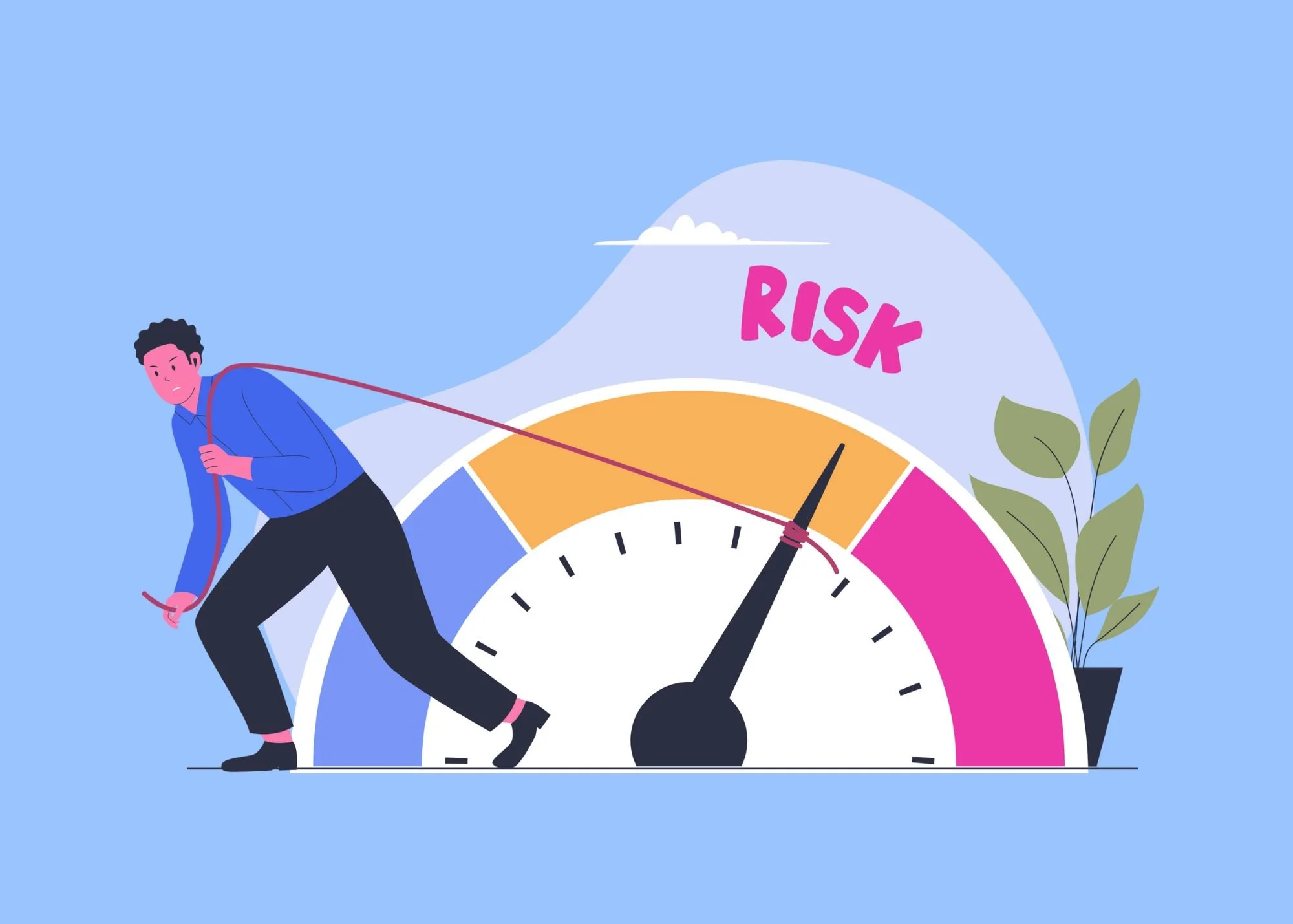Overthinking Steals Your Joy: How to Stop Overthinking and Start Living in the Moment
Why Being Present Feels So Hard—Especially When You're Stressed
You know those people who seem effortlessly present? The ones who can sit with a cup of coffee, savoring every sip, while your brain is running through tomorrow’s to-do list at warp speed? If you’re dealing with chronic stress or burnout, living in the moment can feel impossible. Your brain is constantly scanning for the next problem, the next task, the next potential crisis.
The irony? Learning to be present is exactly what you need to feel better. And the good news is, it’s possible—even if your stress levels are through the roof.
The Science: Why Overthinking Steals Your Joy
Chronic stress doesn’t just make you tired; it rewires your brain. When your nervous system is in a constant state of fight-or-flight, your mind becomes hyper-focused on potential threats, past mistakes, and future risks. The result?
You’re always anticipating the worst – Your brain mistakes harmless daily challenges for major crises.
You struggle to enjoy the good moments – Because your mind is already racing ahead to the next thing.
You feel mentally exhausted – Overthinking is work, and it drains your energy fast.
You get stuck in autopilot – Going through the motions but never really experiencing life.
The more stressed you are, the harder it is to be present—and the more presence feels like a luxury rather than a necessity.
Learning to Live in the Moment (Even When Life Feels Overwhelming)
The goal isn’t to eliminate stress completely (because let’s be real, that’s not happening). The goal is to train your brain to shift gears—so you can fully experience the good moments instead of letting them slip by while you’re stuck in your head. Here’s how:
1. Create Tiny Moments of Presence (That Don’t Feel Like More Work)
One of the biggest mistakes people make? Thinking they need to carve out hours for meditation or mindfulness. The reality is, presence happens in small moments.
Pause for one deep breath before switching tasks – That split second of awareness helps reset your brain.
Pick one daily habit to do with full attention – Whether it’s drinking coffee, brushing your teeth, or walking to the train, focus on the sensory experience instead of letting your mind wander.
Use transition cues – Set reminders on your phone with prompts like, “Where are you right now?” to snap you out of autopilot.
2. Get Out of Your Head and Into Your Senses
If overthinking has you trapped in a mental spiral, the fastest way out is through your body. Engaging your senses forces your brain to pay attention to the now.
Listen to music and actually hear it – Instead of letting it play in the background, focus on the lyrics, instruments, or beats.
Eat one meal without distractions – No phone, no emails—just you and the flavors, textures, and aromas of your food.
Try “5-4-3-2-1 grounding” – Name five things you can see, four you can touch, three you can hear, two you can smell, and one you can taste. It’s a quick, science-backed way to get out of your head.
Do a workout that requires focus – Workouts like CrossFit WOD style circuit trainings (racing against a clock with varied skilled movements) requires intent focus in the moment. So does practicing yoga balancing poses whether it’s a tree pose, warrior 3, or a handstand.
3. Redefine Productivity So It Includes Joy
For high achievers, stress often comes from the feeling that there’s always more to do. But if you don’t actively make space for joy, you’ll never feel like you have time for it.
Schedule non-negotiable fun – If it’s not on your calendar, it’s probably not happening. Block out time for activities that bring you joy—whether that’s a hobby, a workout, or a call with a friend.
Measure your day differently – Instead of asking, “Did I get everything done?” ask, “Did I have at least one meaningful moment today?”
Let go of “earning” rest – You don’t need to finish your to-do list to justify taking a break. Rest isn’t a reward—it’s a necessity.
4. Make Peace With the Unfinished To-Do List
Newsflash: Your to-do list will never be done. The sooner you accept that, the easier it becomes to be present despite the unfinished tasks.
Use the “Must-Do vs. Can-Wait” rule – Identify 1-3 must-do tasks each day, and let the rest be optional.
Close the mental tabs – At the end of the day, write down tomorrow’s priorities. That way, your brain doesn’t have to keep running in the background.
Practice the “good enough” mindset – Perfectionism keeps you stuck in overthinking. Decide what good enough looks like—and let that be your new standard.
5. Train Yourself to Notice the Good
Your brain naturally fixates on problems (it’s a survival mechanism). But with practice, you can retrain it to pay more attention to the good.
Bookend your day with gratitude – Start your morning with one thing you’re looking forward to, and end your day with one thing that went well.
Look for “pockets of joy” – A funny text, a perfect sip of coffee, the way the sunlight hits your desk—these small moments add up.
Celebrate tiny wins – Instead of waiting for big milestones, acknowledge the small things you accomplish each day.
Final Thoughts
Presence is a skill, not a personality trait.
Living in the moment isn’t about having zero stress or magically becoming a Zen master. It’s about training yourself to pause, notice, and experience what’s happening right now—even when life is chaotic.
You don’t have to wait for a vacation, a promotion, or the “perfect” circumstances to start enjoying your life. The good moments are already here. The question is: Are you paying attention?
Need Help? You don’t have to have it all figured out to take the next step.
Growth will always feel risky to a nervous system that’s only known survival mode.
But that fear? It’s not a stop sign. It’s a signal.
Let’s decode it—together.
🔎 Book your free 20-minute consult. You’re not stuck. You’re just scared. And that’s human.
Article References
The sources cited in the article:
Harvard Business Review (HBR). “3 Types of Overthinking and How to Overcome Them.” HBR - 3 Types of Overthinking
Forbes. “7 Ways to Access the Hidden Power in the Moment.” Forbes - 7 Ways to Access the Hidden Power in the Moment
Psychology Today (PT). “How Rumination Steals Our Joy.” PT - How Rumination Steals Our Joy
Harvard Business Review (HBR). “How to Stop Overthinking and Trust with Your Gut.” HBR - How to Stop Overthinking
Forbes. “How Overthinking is Keeping You From Achieving Your Goals.” Forbes - Overthinking Keeping You From Achieving Goals






